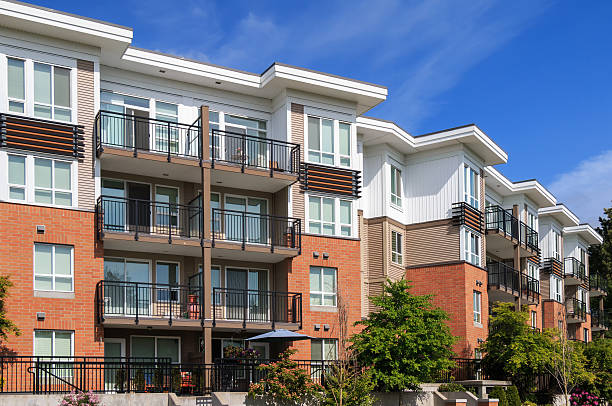How to Take Advantage of Local & State-Specific Solar Incentives

Switching to solar energy is a smart investment that can significantly reduce your energy bills while promoting a sustainable future. However, the upfront costs of solar panel installation can be daunting for many homeowners and businesses. Fortunately, various local and state-specific solar incentives are available to make the transition to solar power more affordable. Here’s how you can take advantage of these opportunities to maximize your savings.
1. Understand the Solar Incentives Available in Your Area
Different states and local governments offer a range of incentives to encourage solar adoption. These incentives may include:
- Tax Credits: Some states provide tax credits that reduce your overall tax burden based on the cost of your solar installation.
- Rebates: Local utility companies and government programs may offer rebates that directly lower the cost of purchasing and installing solar panels.
- Net Metering: Many states have net metering policies that allow homeowners to sell excess electricity generated by their solar panels back to the grid for credits on their utility bills.
- Solar Renewable Energy Certificates (SRECs): In some regions, homeowners can earn SRECs for generating solar power, which can be sold to utility companies.
To get an estimate of how much you can save, use this solar calculator for accurate savings projections based on location & energy usage.
2. Research State-Specific Solar Programs
Every state has unique solar policies and incentives. Some of the most solar-friendly states, like California, New York, and Texas, have extensive rebate and tax credit programs. Be sure to check your state’s energy office or consult with a local solar provider to determine what incentives are available in your area.
For homeowners considering how solar energy impacts home values, check out this detailed guide on solar and real estate to understand its long-term benefits.
3. Compare the Initial Costs vs. Long-Term Gains
Before committing to solar installation, it’s important to weigh the upfront expenses against long-term savings. While the initial investment may seem high, incentives and energy bill reductions can lead to significant savings over time.
For a detailed breakdown of solar savings and a comparison of initial costs vs. long-term financial benefits, explore this solar savings guide.
4. Know What to Expect During Solar Installation
Once you’ve decided to go solar, it’s important to understand the installation process. A smooth installation depends on factors like permitting, system design, and connection to the grid. Working with a reputable solar provider ensures compliance with state regulations and maximizes the efficiency of your system.
For a step-by-step look at what to expect during the solar installation process, check out this solar installation guide.
5. Work with a Trusted Solar Installer
Choosing the right solar installer can make all the difference in how much you save and how efficiently your system performs. Look for installers with strong reviews, proper licensing, and knowledge of local incentives to ensure you receive all available benefits.
Conclusion
Local and state solar incentives can make solar energy more affordable and sustainable for your home or business. By researching programs, comparing costs, and choosing a reputable installer, you can maximize savings and enjoy lower energy bills long-term.